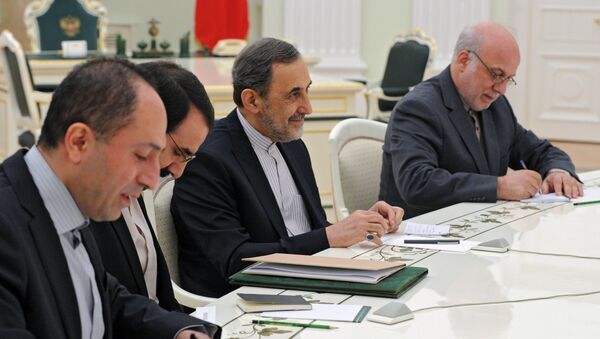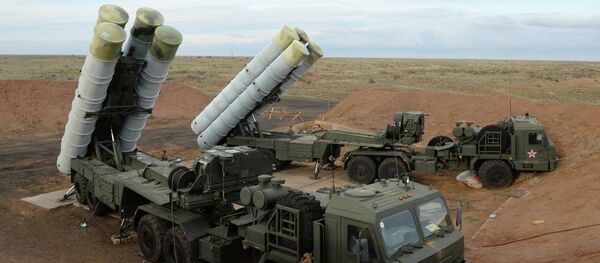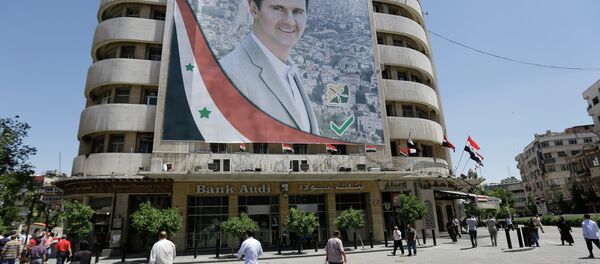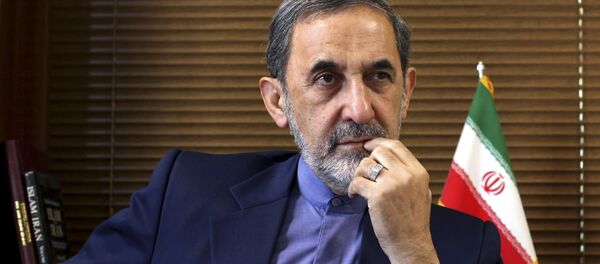Ties between Russia and Iran, the official emphasized, may play "a decisive role" in building a multipolar world order. "Every day this factor becomes more and more important. Iran and Russia play an important role not only in helping to determine the future of the Middle East, but also in solving global issues as well."
"Our countries have common interests which are becoming more and more important…and the speed with which changes are taking place in the world require us to meet more often, require our cooperation."
Russian President Vladimir Putin's visit to Iran last year, the Velayati suggested, signaled a strengthening of the 'strategic character' of Russian-Iranian cooperation, "becoming a turning point in the development of bilateral cooperation between our countries."
"Today," Velayati explained, "regional problems, and not just bilateral issues, demand our relations to be strategic in character. And this requires [consideration of] not only national, but also regional and international interests."
"A striking example is our cooperation in Syria — the fact that we are working to defend the Syrian people and government against terrorists and their sponsors. Such cooperation is unprecedented in modern history."
Iran's push to become a full member of the Shanghai Cooperation Organization (SCO), the mutual security, political and economic organization including Russia, China, India, Pakistan, and four Central Asian republics, is another indication of the deepening of the partnership between Moscow and Tehran, the official suggested. Meeting with Vladimir Putin on Thursday, the Russian president, Velayati recalled, offered his full support for Iran's membership in the SCO.
"We see in the SCO a constructive and amicable alliance, where we will be able to show our resilience against the expansive policies of the US and NATO," he noted.
On the economic front, Velayati recalled, in the course of his visit, contracts worth about $40 billion had been prepared, signed and readied for implementation, pending financing from the Russian side. "We are talking about projects related to power generation, the construction of the second and third stage of the [Bushehr] nuclear power plant, and railway construction," the official noted.
Finally, commenting on the rocky state of the Syrian peace negotiations, a process in which his country doubtlessly has an interest, Velayati emphasized that "Iran considers, first and foremost, that the Syrian issue does not have a military solution – only a political one. The Syrian government and the people's efforts to protect their lives, the country's territorial integrity, and its sovereignty is their legitimate right."
"Conducting peace negotiations and deciding on the country's future must be the right only of the Syrian people – of representatives from the government and the opposition. And it is important, in accordance with the UN Security Council's resolution on Syria, that terrorists do not participate in the negotiations. At present, there are disagreements on this issue –about who is a terrorist and who is not. And this is not just wordplay. It's perfectly clear that those who hold weapons in their hands, those who kill innocent women, children and the elderly, are terrorists."




